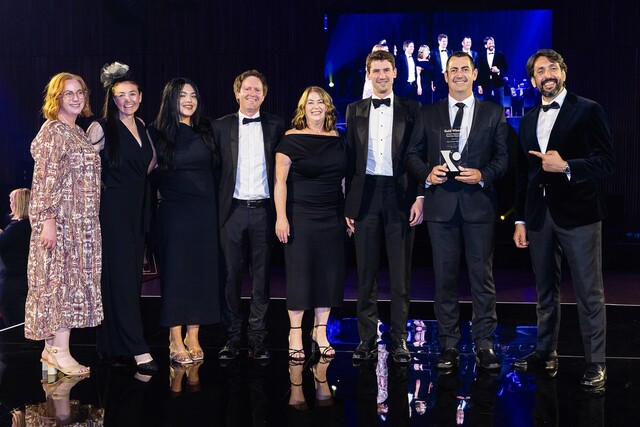Fremantle is universally acknowledged as one of the most attractive cities in Australia with much to offer visitors and residents alike. However these attractions have been blunted somewhat by high unemployment which has ran at double the State average. The City of Fremantle decided to tackle the problem at a basic level taking full advantage of a particular opportunity.
Recognising that the principle employers of Australian workers are small businesses, Council decided to actively promote this area of economic activity.
While small business employs most people in Australia, it is vulnerable and has a high failure rate particularly in its first five years of operation. Business incubators can help new enterprises get over hurdles which inhibit consolidation and expansion in those first five years.
Council saw the incubator model as an excellent way of combining private and public sector resources to help businesses in their critical stages of development. A unique site for the project became available when the historic Fremantle prison was decommissioned in 1992.
With 137 years of colonial and modern history contained within its sprawling walls, the prison was considered important to preserve for its heritage value and worth converting into a very useful new life. The natural coincidence of the two needs provided a golden opportunity for Council.
Under the auspices of the South West Group, a regional cooperative body including Fremantle and five adjoining municipalities, the State Government’s Building Management Authority, which owned the building, agreed to assist in setting up the project. Further funding was provided through the Office of Labour Market Adjustment.
The City of Fremantle Human Resources section developed a retraining program for the necessary building works, with funding assistance from the Federal Government under the New Work Opportunities program.
Fifteen long term unemployed people involved in the project received on and off the job training. Benefits of the project have been widespread. They include training and employment, heritage preservation, innovative use of existing capital, intergovernmental cooperation and primary support for small business.
The City of Fremantle took on a major leadership role in this project. Not only has this benefited the local community and economy, but broadened Council’s links with external agencies, cemented relations with local businesses and provided a solid model of best practice in regional economic development.
The project has been recognised nationally winning the Regional And Economic Development section of the 1996 National Awards for Innovation in Local Government.
















